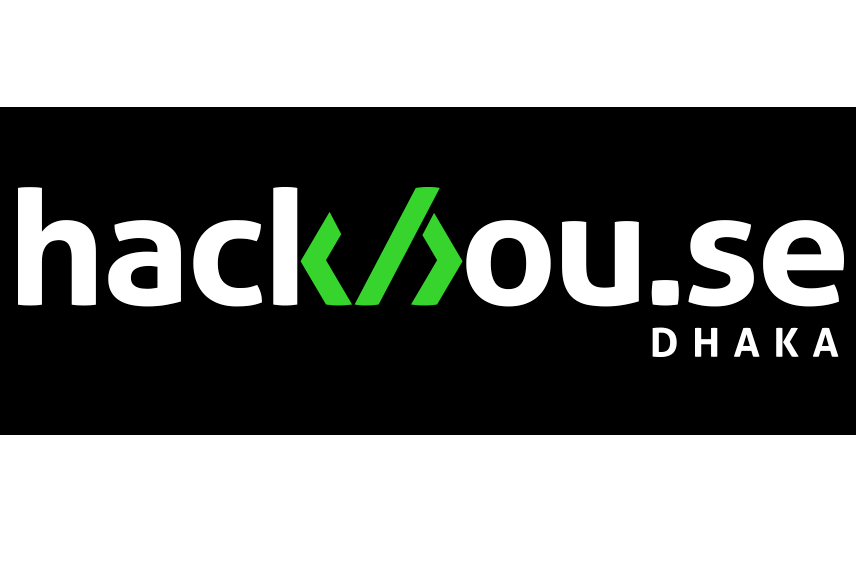
HackHouse, a new startup, launches recently to facilitate the growth of tech startups in Dhaka. Founded by Fahim Saleh, an entrepreneur and investor, HackHouse aims to enable anyone to create and establish their own domain in the global technology set-up by disseminating tech knowledge at a faster pace. The startup aims to become launch center for tech startups in Dhaka and support entrepreneurs to build winning products.
Finding people to build something great is hard work. Fahim has his own share of experience of that. After failing to find right talents in conventional platforms, Fahim started to attend networking and startup events in Dhaka. Suddenly, he found everyone he was looking for was there. He realized that all the passionate, smart, and interesting people come to events like these. So he thought, instead of trying to find these brilliant minds in places where they don’t go, what if he builds something that will bring them together and facilitate them to work on great things. HackHouse aims to attract these people by throwing different kinds of networking events, free knowledge classes, speaker sessions and encouraging strategic investments.
“The core of a company is its people, not the idea, not the logo, the people! We want to bring really smart people together so they can start the next great tech ventures, whether it’s for the local market or global market.” says Fahim Saleh, founder and CEO of HackHouse.

Currently, HackHouse is a team of 11 people and is searching for a bunch of creative, passionate and highly motivated self-starters to join them in accomplishing their ultimate ambition.
In the foreseeable future HackHouse anticipates to become a large space to allow people to get education on topics that really provide value to them in the international tech job market such as iOS programming, data science analytics, etc. 5 years down the line, HackHouse aims to see some of its projects at a successful exit stage. Fahim also wants to start a co-working space where passionate and creative individuals can work on projects that aren’t necessarily HackHouse invested projects.
“The hope is that out of ten projects, one or two will make it to profitability and make up for the loss of the other ones. Teams that have failed to build a successful prototype will review their work and go to the next idea.” says Fahim.
